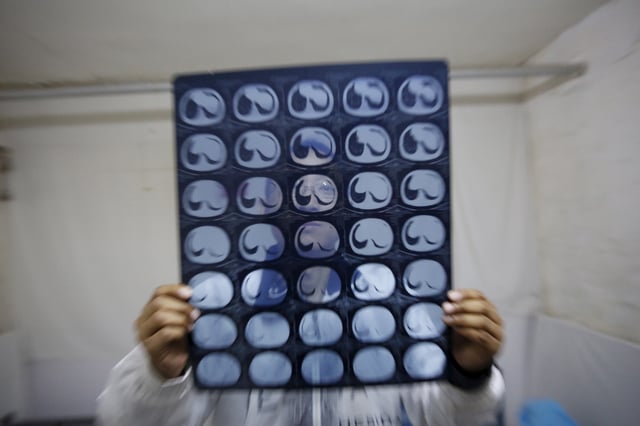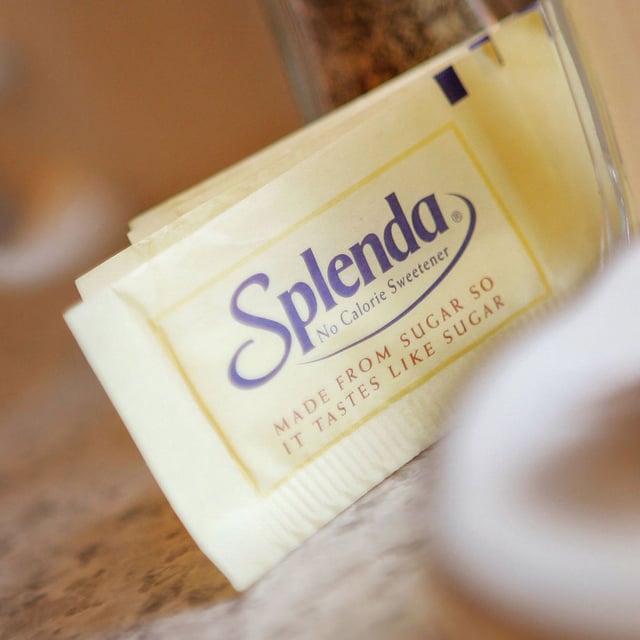Overview
- Preclinical and patient studies published in Cancer Discovery show that even low levels of sucralose intake correlate with poorer anti-PD1 responses and survival in melanoma and non-small cell lung cancer patients
- Mouse experiments demonstrate that sucralose shifts the gut microbiome toward arginine-degrading bacteria, depleting the amino acid essential for T cell–mediated tumor killing
- Supplementing sucralose-fed mice with arginine or citrulline fully restored the anti-PD1 therapy’s efficacy in preclinical models
- A retrospective analysis of 132 advanced melanoma and lung cancer patients found higher sucralose consumption linked to reduced immunotherapy effectiveness across cancer types, stages and treatment regimens
- Researchers will launch prospective trials testing whether boosting arginine levels or cutting sucralose can improve patient outcomes and will evaluate other artificial sweeteners’ effects on cancer treatment



